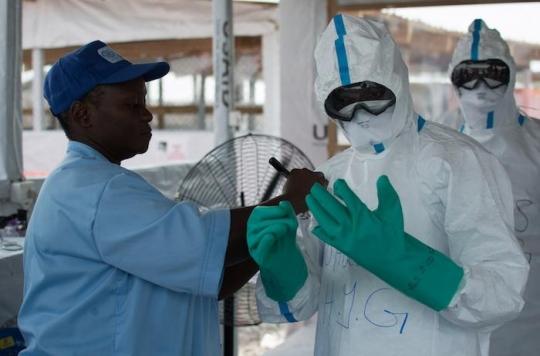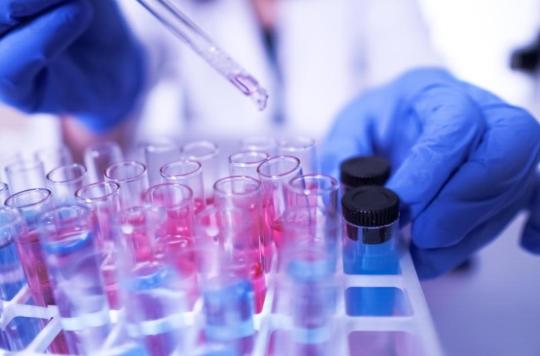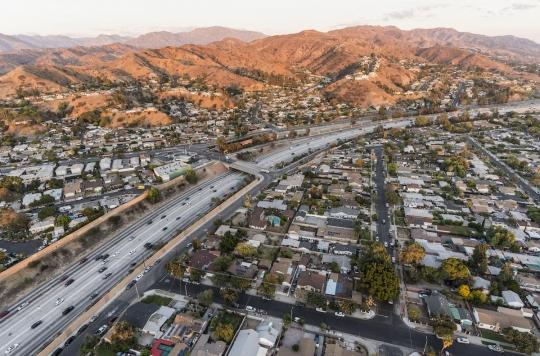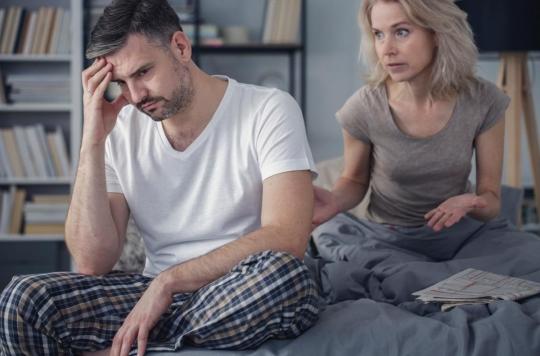A week after the suspicious deaths of 12 people in Liberia, investigations are continuing. The trail of intoxication is explored.

The unexplained deaths of 12 people in Liberia are once again shaking the country. In 10 days, the unknown disease struck 21 people in Sinoe province, a 4-hour drive from the capital, Monrovia, as well as in the latter.
Viruses, bacteria, parasite? For the moment, nobody knows what could have brought down so quickly these ten people. The high fever, vomiting, diarrhea and headache immediately made one think of Ebola virus or Lassa fever. But on Friday April 28, the World Health Organization (WHO) said that all the samples tested came back negative for these two viruses. A phew of relief that leaves room for questions.
A group effect
“I’m a lot like you right now. I wonder a lot, confide in Why actor Prof. Denis Malvy from the infectious diseases department of Bordeaux University Hospital and member of the Inserm team Infectious diseases in resource-limited countries. There seems to be a group effect. It could be poisoning or severe collective poisoning. In this case, it should remain circumscribed ”.
Indeed, among the twenty sick, several would have participated in funerals in the province of Sinoe. In the field, experts take samples of the food and drink served at the ceremony. They are also investigating whether food has been transported, especially in the capital Monrovia, where cases have been reported. Testing is currently underway at the American Centers for Disease Prevention (CDC) in Atlanta. The pathogen should not be identified for several weeks.
The fear of an epidemic
“If it is not an intoxication, it will be necessary to ensure that it is not the emergence of an epidemic, in particular an outbreak which would resemble Ebola”, underlines the French specialist, adding that if there is an epidemic. a, “we will find out very soon”.
Ten months after the end of the Ebola epidemic, the fear of seeing the scenario replay is palpable. Concerns in particular raised by a weakening of the health systems in the countries struck by this hemorrhagic fever. “But with the help of the Americans, the surveillance system in Liberia has been greatly strengthened, structured and densified, and is capable of reactivity. The proof with what we observe today. It is unfortunate to detect a morbid event, but it is a sign that the country is ready to respond to alerts, ”notes Professor Malvy, who knows Liberia well for having carried out clinical trials there in the midst of the Ebola epidemic.
While awaiting CDC results, patients hospitalized at Francis Grant Hospital in Sinoe province are receiving antimalarials, antibiotics and painkillers. WHO teams are working closely with the Liberian health authorities to provide them with logistical and personal support. Like Ebola, the sick are isolated, relatives are sought out for examination, and funeral rites are discouraged.
.
















